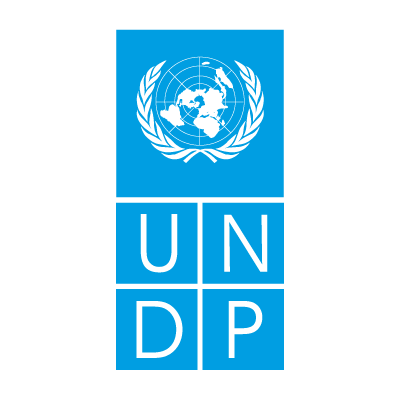
KNOWLEDGE
HUB
Case Study
South Africa’s Renewable Energy Independent Power Producer Procurement Programme
In 2011, the Government of South Africa launched a competitive procurement program for renewable energy called the Renewable Energy Independent Power Producer Procurement Program (REIPPPP). Since the launch of this public-private partnership, US $16 billion in private-sector investment has been committed for 79 awarded projects totaling 5,243 MW of renewable energy. The program has resulted in significant reductions in tariff rates for solar photovoltaics (PV) and wind over a short period. Rural development is also being positively impacted by the deployment of renewable energy technologies through the REIPPPP. The REIPPPP is highlighted as a significant policy for enabling achievement of climate change mitigation goals under South Africa’s INDC. The following are several actions and good practices, detailed in the case studies, that supported positive outcomes under this program:
- Effective management of the program by the South Africa Department of Energy (DOE) Independent Power Producer (IPP) unit enabled successful outcomes. The largely independent operation of the DOE IPP unit makes the unit efficient and reduces administrative barriers. In addition, the unit’s extensive expertise enabled it to design and communicate about the program effectively while providing credibility for its interactions with the private sector and key senior government officials.
- The DOE IPP unit led clear and regular communications with stakeholders about plans and outcomes, supporting a transparent and inclusive process.
- Development of a clear, transparent procurement framework supported investment and private-sector engagement. Key design elements of the framework included: (1) allowing several bid winners, which incentivized participation; (2) including large capacity allocations and the rolling bidding process, which built confidence in the program; (3) developing complementary policies to fast-track the program and reduce administrative barriers; (4) requiring bids to be fully underwritten by debt to reduce challenges associated with underbidding; and (5) ensuring reasonable profits through connection with tariff caps.
- Integration of economic-development requirements with the bidding process garnered support across stakeholders and provided a connection to broader development goals.
- The availability of long-term project finance within the South African capital markets supported the success of the program by enabling investment and deployment.
- The program was improved over time based on lessons from each competitive bidding round, ensuring an iterative “learning by doing” process.
- Engagement with international partners and advisors helped incorporate international best practices and lessons learned into the design and management of the program.
Institutions Involved
South Africa Department of Energy (DOE), DOE Independent Power Producer (IPP) unit, private-sector investors and developers



